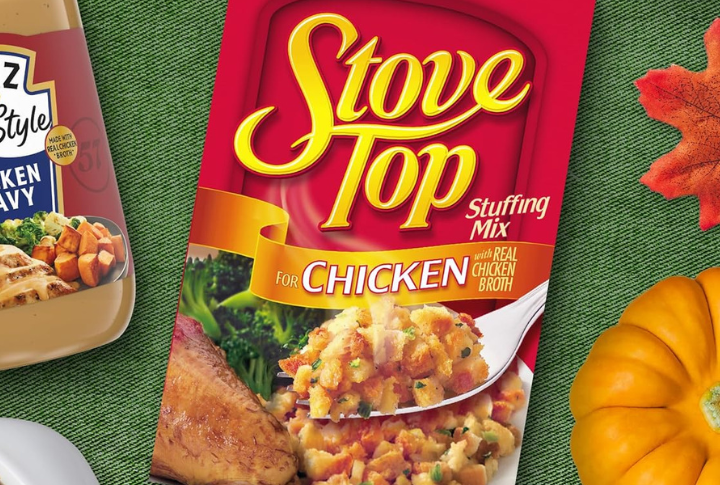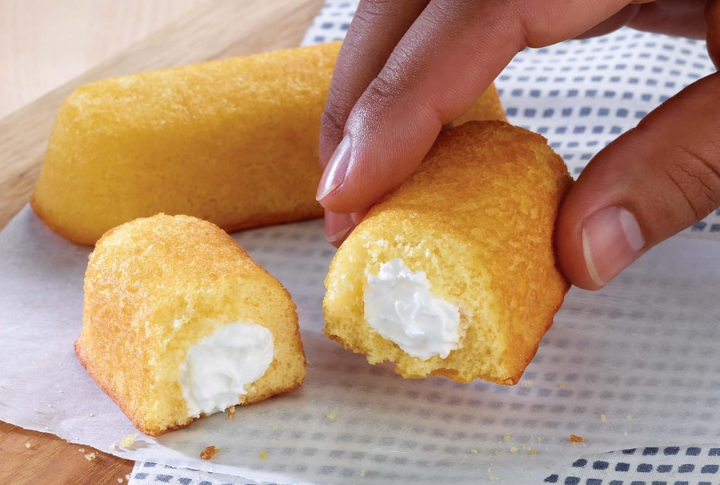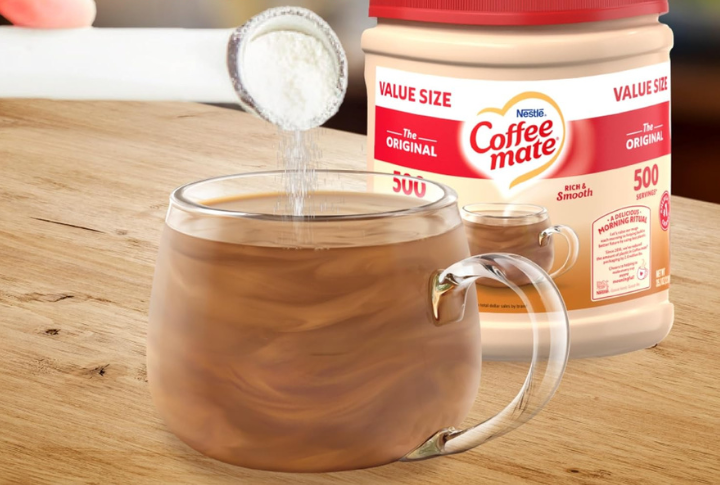
Some American snacks and treats seem harmless until you learn they’ve landed on banned lists overseas. Other countries have deemed these everyday pantry staples unsafe, from unexpected ingredients to controversial additives. Check out ten beloved American foods and why they’re restricted internationally.
Froot Loops

This colorful cereal is a breakfast favorite in the U.S., but it’s banned in some European countries due to the artificial dyes used in its recipe. For example, Red 40, Yellow 5, and Blue 1. These dyes have been linked to hyperactivity in children and potential health risks.
Ritz Crackers

For years, buttery crackers have been a pantry favorite in the U.S., enjoyed for their crisp texture and rich flavor. However, concerns over trans fats—found in partially hydrogenated oils—led researchers to link them to heart disease. In response, countries like Switzerland and Austria ultimately banned these products to safeguard consumers.
Skittles

Taste the rainbow, just not in Norway or Sweden. The candy contains artificial colors and titanium dioxide—additives that have raised health concerns. In fact, titanium dioxide is banned in parts of Europe due to studies suggesting potential risks. So, when abroad, you might have to hunt for another colorful treat.
Little Debbie Swiss Rolls

Those chocolate-covered cake spirals use artificial dyes that are banned in the European Union. Concerns over these additives potentially causing allergic reactions led regulators to keep them off grocery shelves. Abroad, fans must bake homemade alternatives or miss out on childhood favorites.
Chlorinated Chicken

U.S. producers wash chicken carcasses with chlorine to reduce bacterial contamination, a practice Europe refuses due to food safety standards. Europe believes chlorination masks poor hygiene conditions in poultry processing, demanding alternative sanitation measures. So, if you’re traveling abroad, expect your poultry dinner to taste differently.
Pillsbury Biscuits

Pillsbury biscuits are a flaky, buttery breakfast favorite. However, they contain partially hydrogenated soybean oil, a type of trans fat banned across Europe and Canada. Studies associate these fats with heart disease and other cardiovascular problems, prompting Pillsbury to reformulate internationally using healthier alternatives.
Pop-Tarts

Warm Pop-Tarts straight from the toaster remain a classic American breakfast. However, artificial colors used in certain flavors are banned overseas for health reasons. Notably, they link to behavioral issues in children. European grocery aisles carry fewer colorful options, prompting locals to pick simpler breakfasts over neon pastries.
Stove Top Stuffing

Stuffing your turkey with Stove Top during Thanksgiving is a cherished tradition. Yet this tasty side contains preservatives, such as BHA and BHT. Those are banned in Japan, the UK, and parts of Europe due to cancer concerns. Although convenient, more cooks abroad opt for homemade stuffing to avoid potential health risks.
Twinkies

America’s spongy snack darling relies on certain additives banned internationally. Artificial coloring and the preservative potassium bromate can impact thyroid function, which caused the UK and Europe to ban the famous snack cake. Overseas consumers have to find alternative sweet treats as Twinkies is an exclusively American indulgence, for now.
Coffee-Mate Creamer

Coffee-Mate Creamer offers quick coffee solutions, yet its partially hydrogenated soybean and cottonseed oils caused Denmark and other European nations to ban it. With research connecting trans fats to serious health problems, international coffee drinkers prefer fresh milk or natural creamers.
Leave a comment